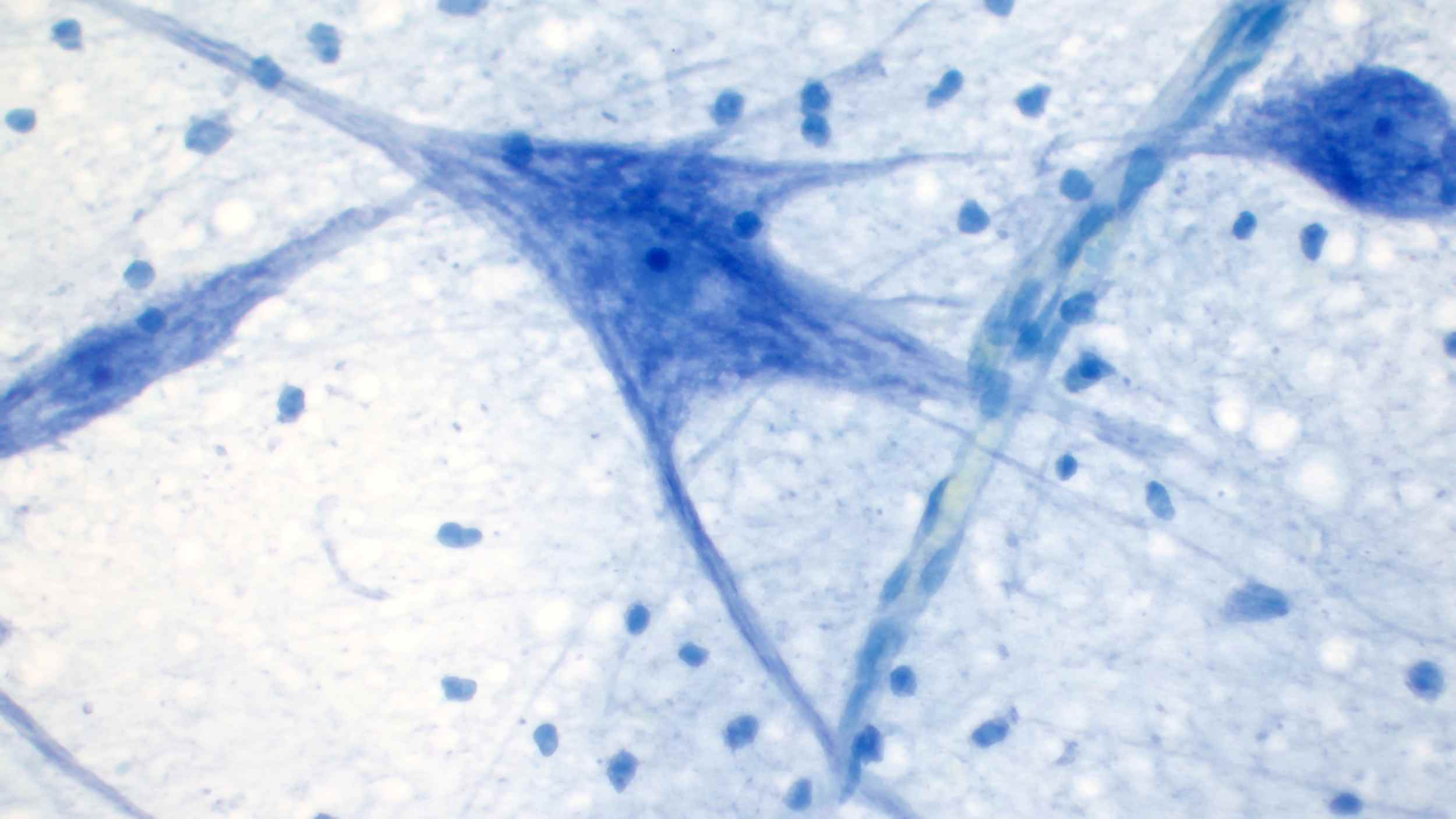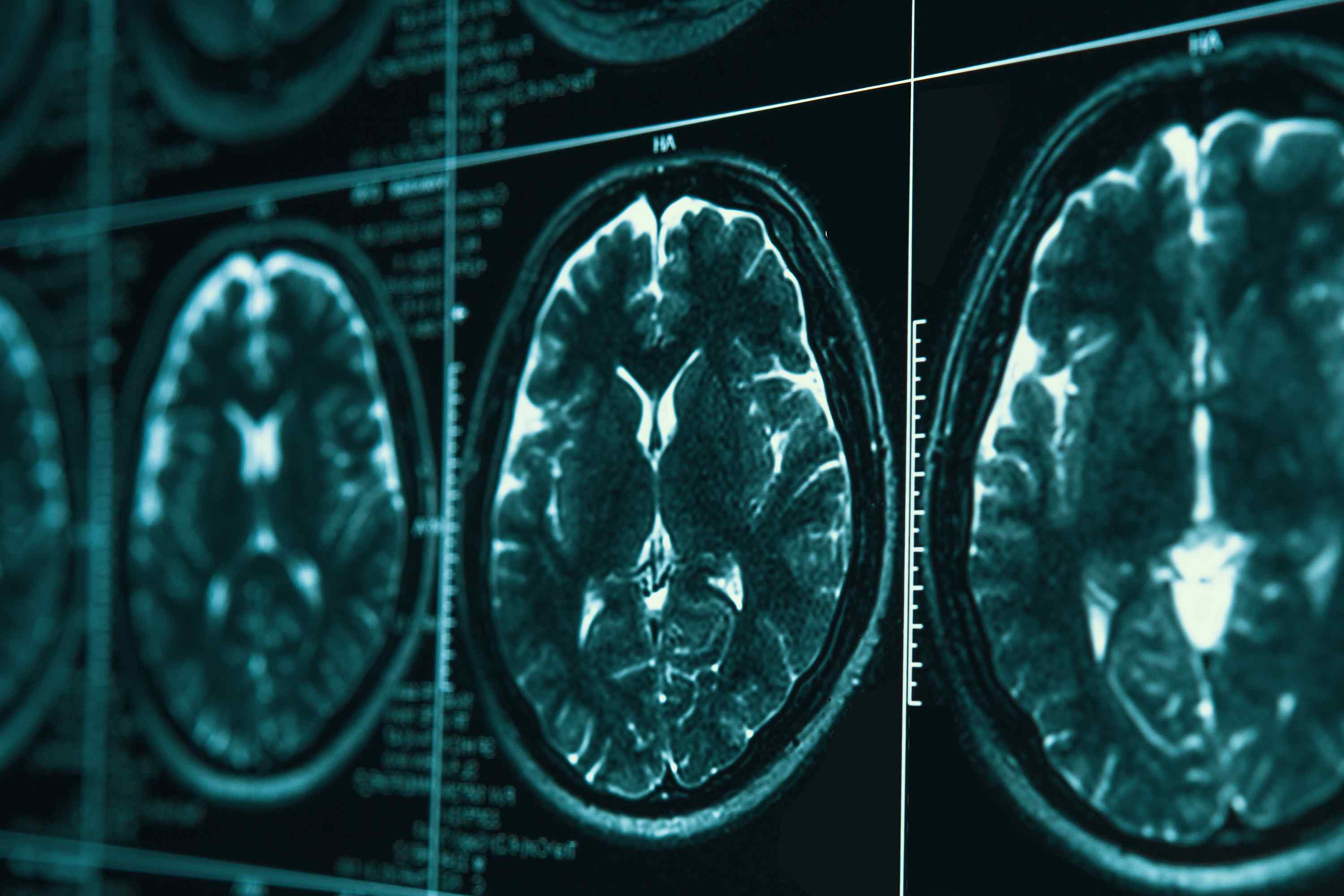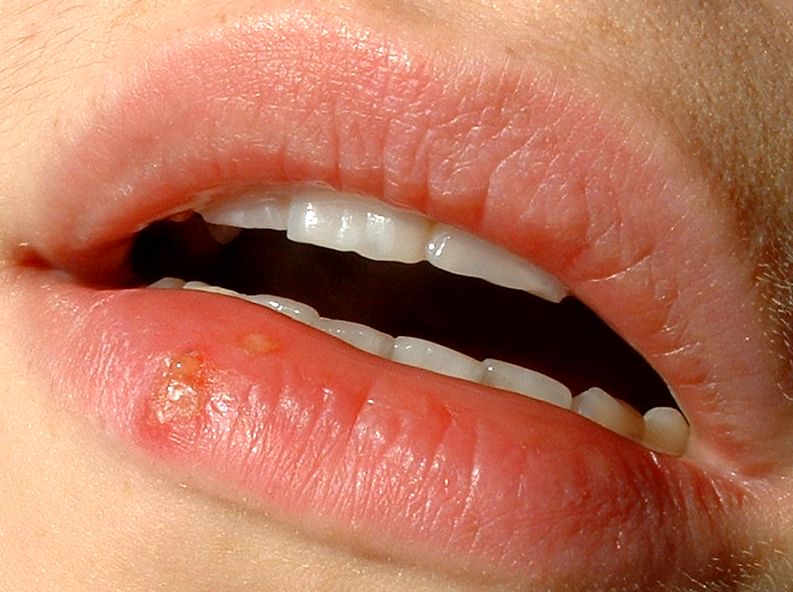Phase III trial shows effectiveness of single dose of gene therapy to treat spinal muscular atrophy in children and adolescents
The journal Nature Medicine has published the results of the phase III STEER clinical trial for the treatment of spinal muscular atrophy in children aged between two and 18 years. A single dose of gene therapy administered directly into the cerebrospinal fluid showed an improvement in motor function in the children who received it in the clinical trial (75 compared to 51 with placebo). The drug in question is onasemnogene abeparvovec. On 24 November, the US Food and Drug Administration approved this treatment under the trade name Itvisma, from Novartis, based on data from this trial, making it the first treatment available for children over two years of age.









